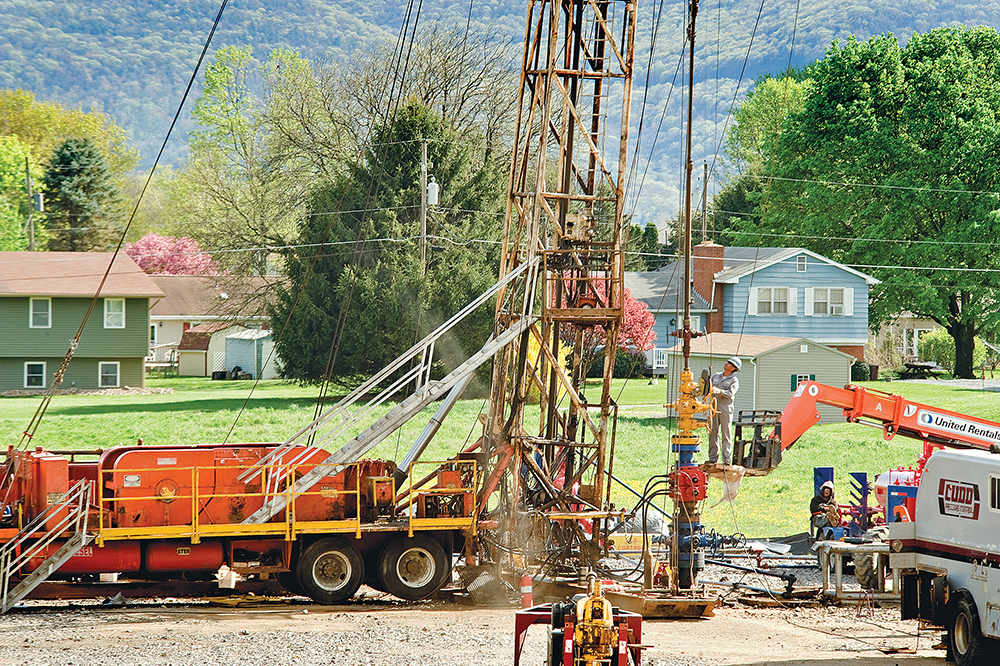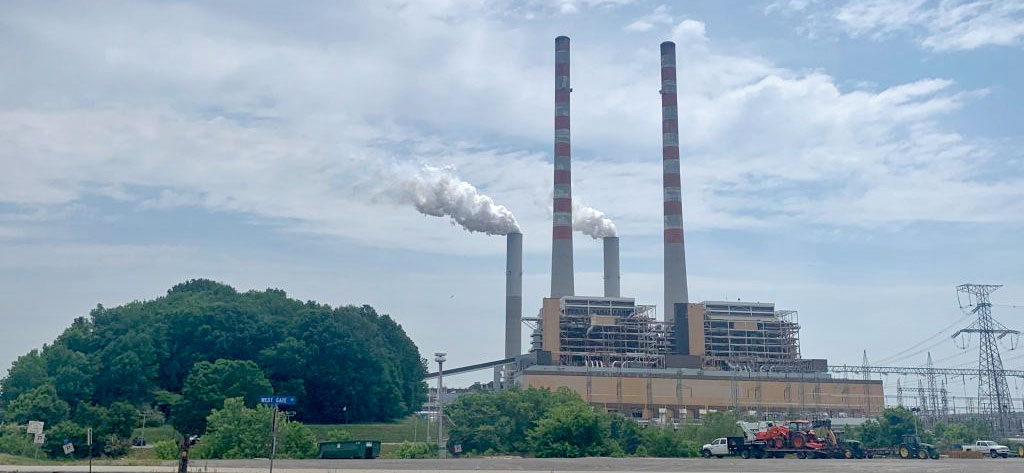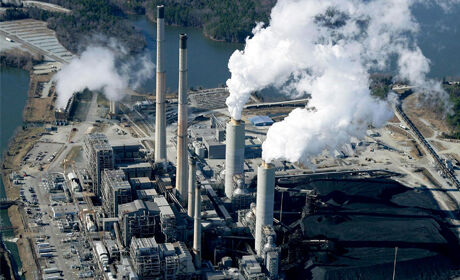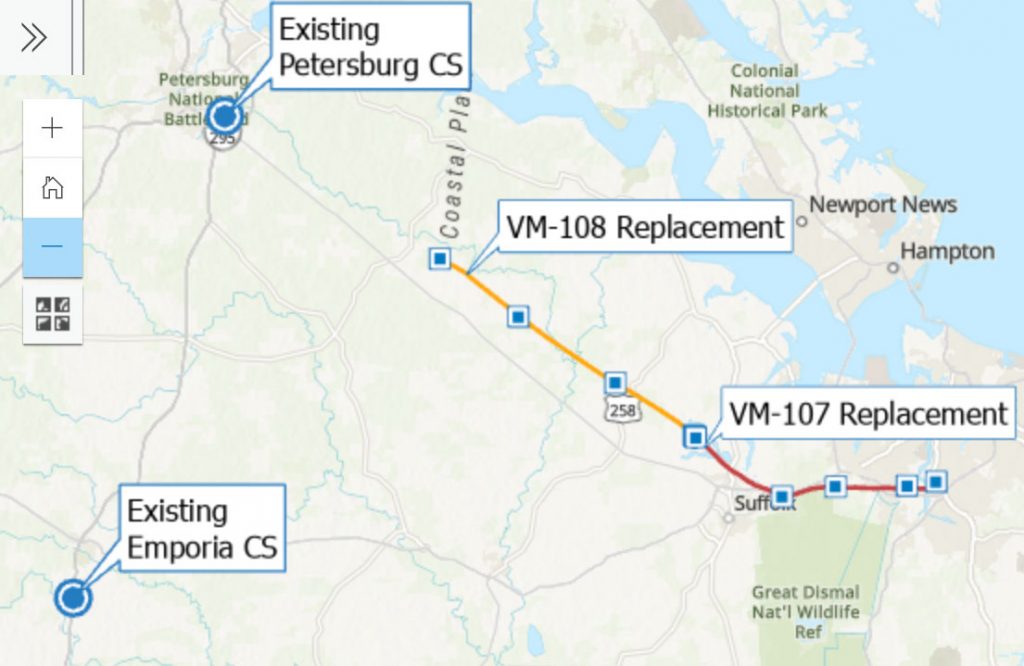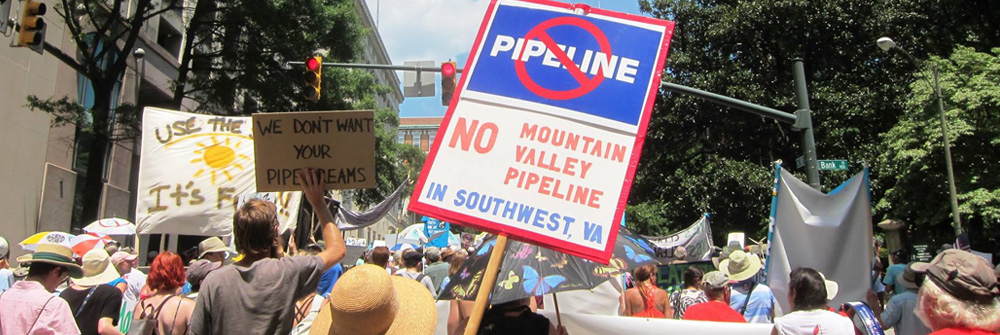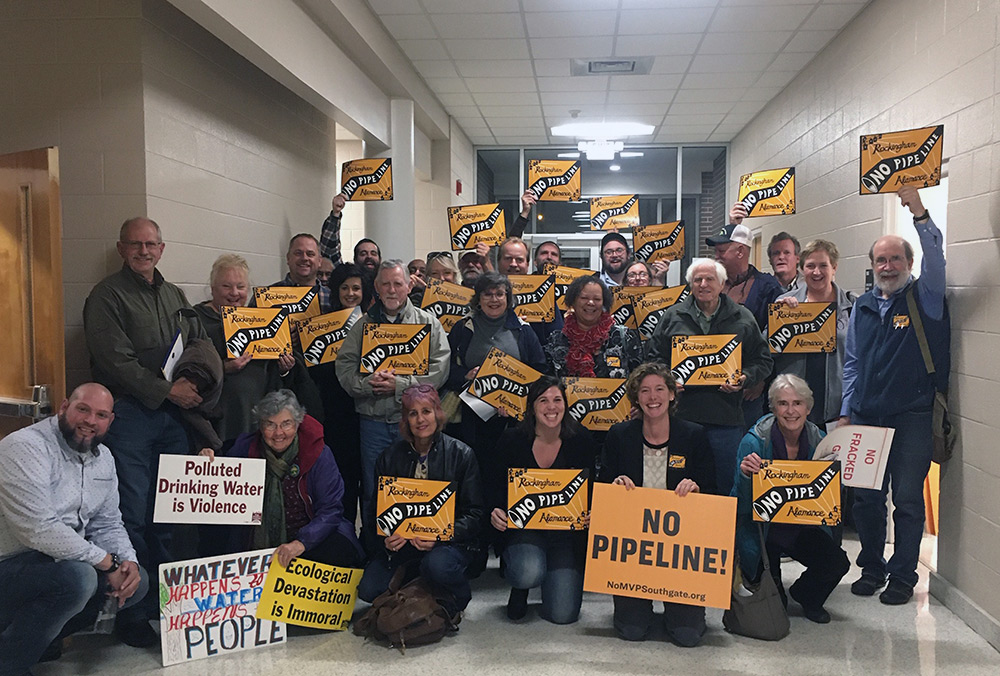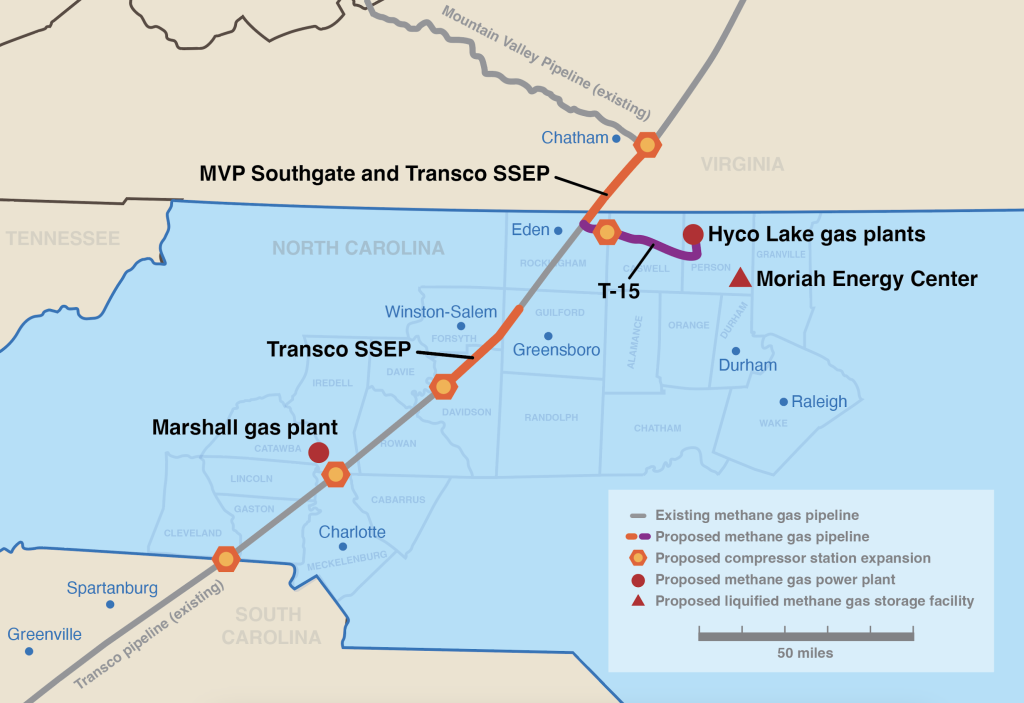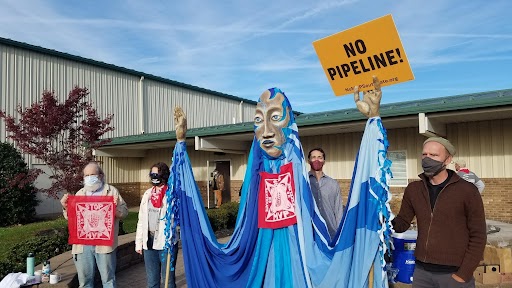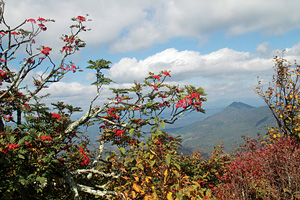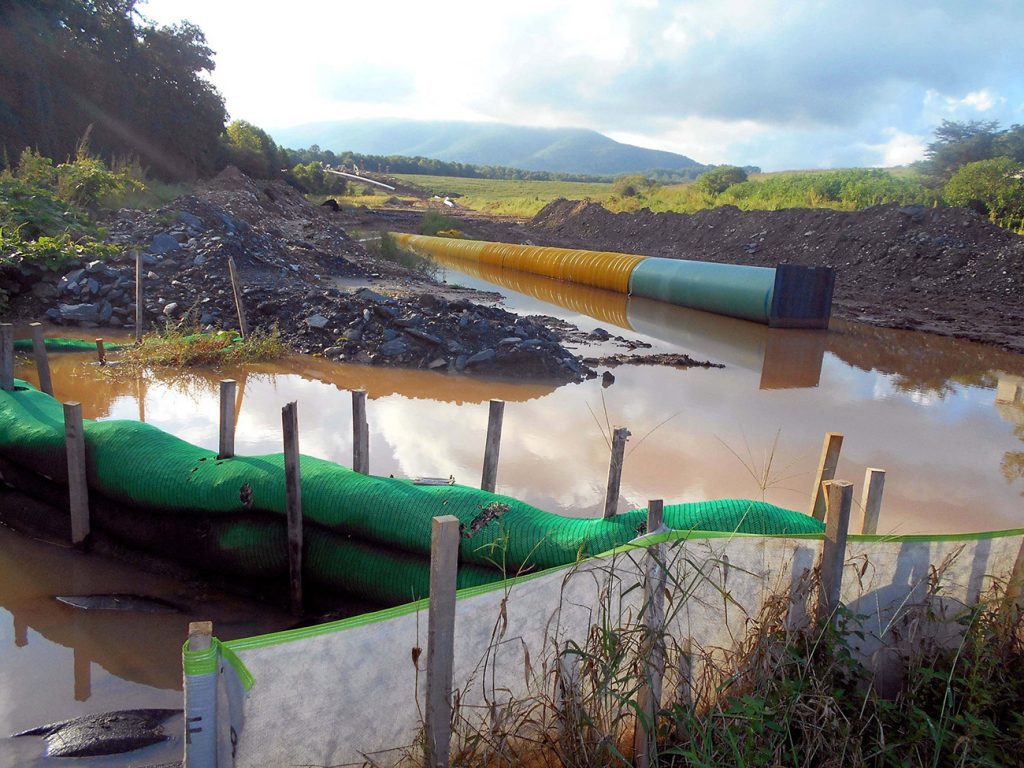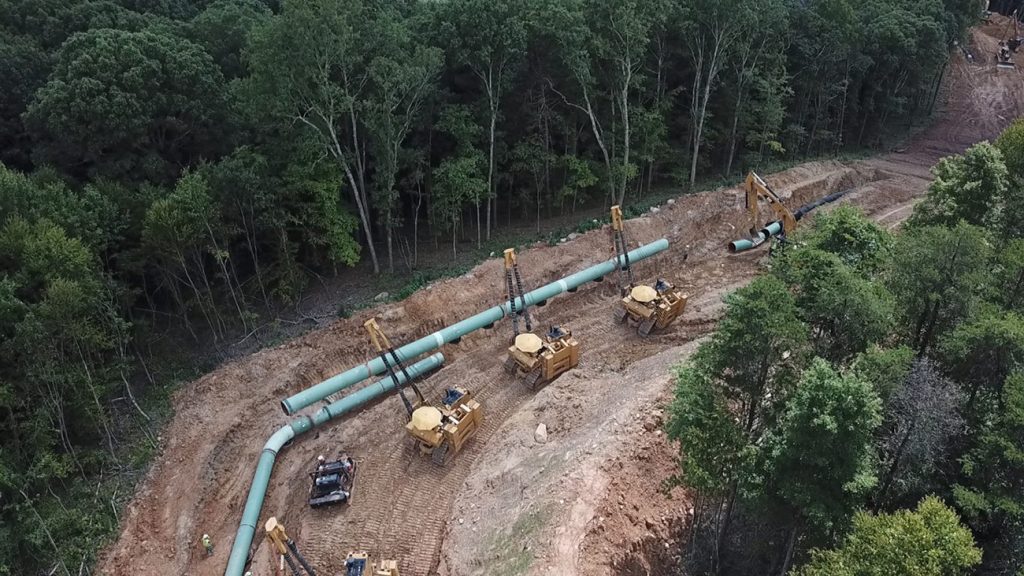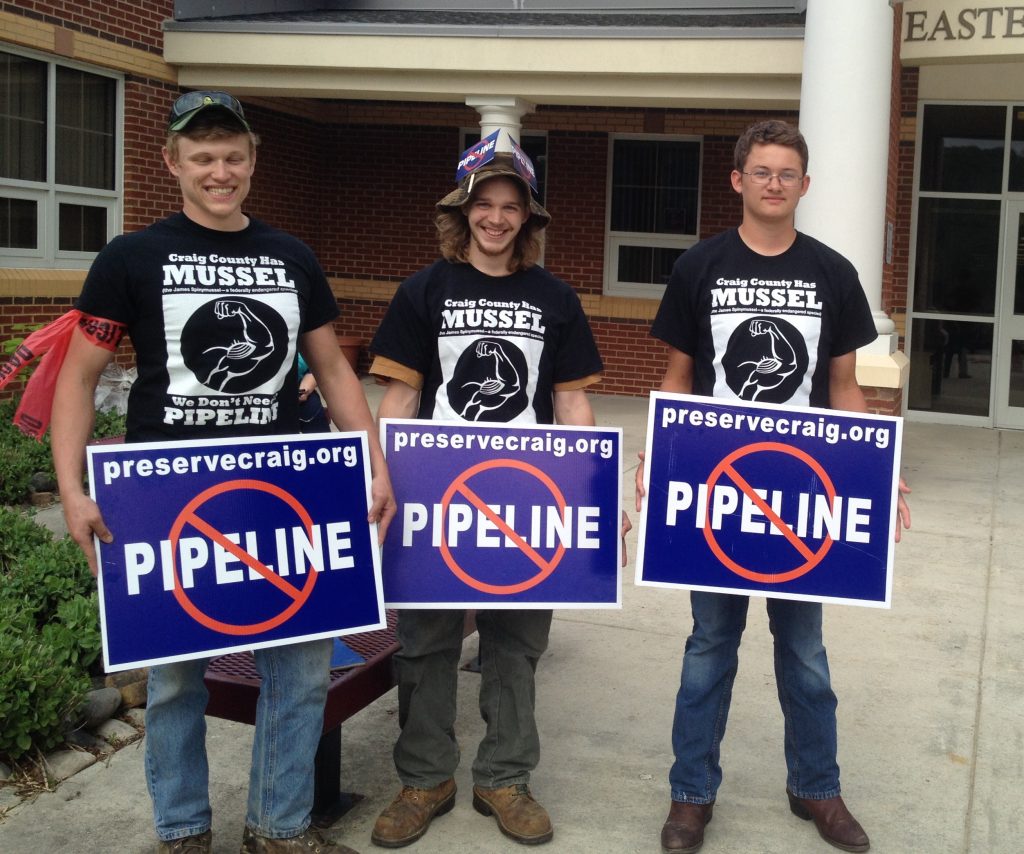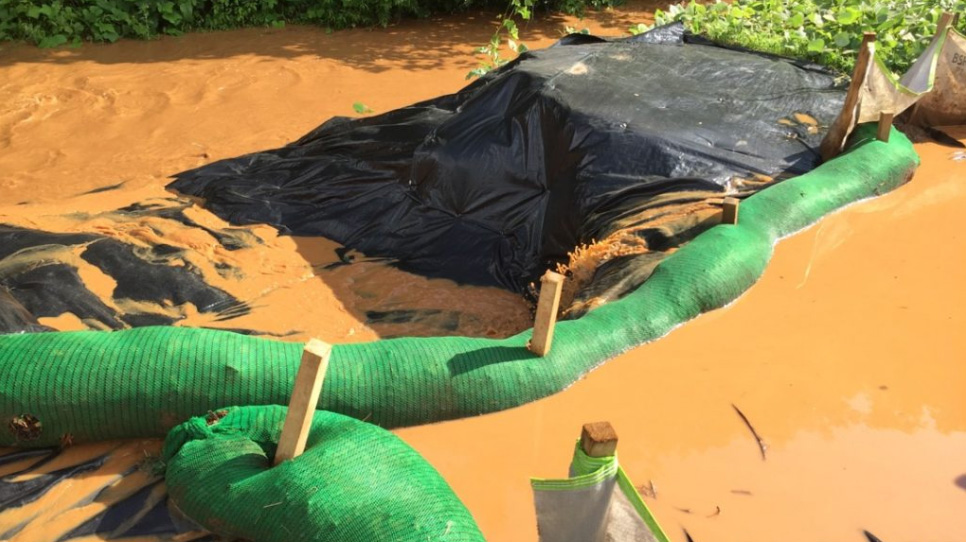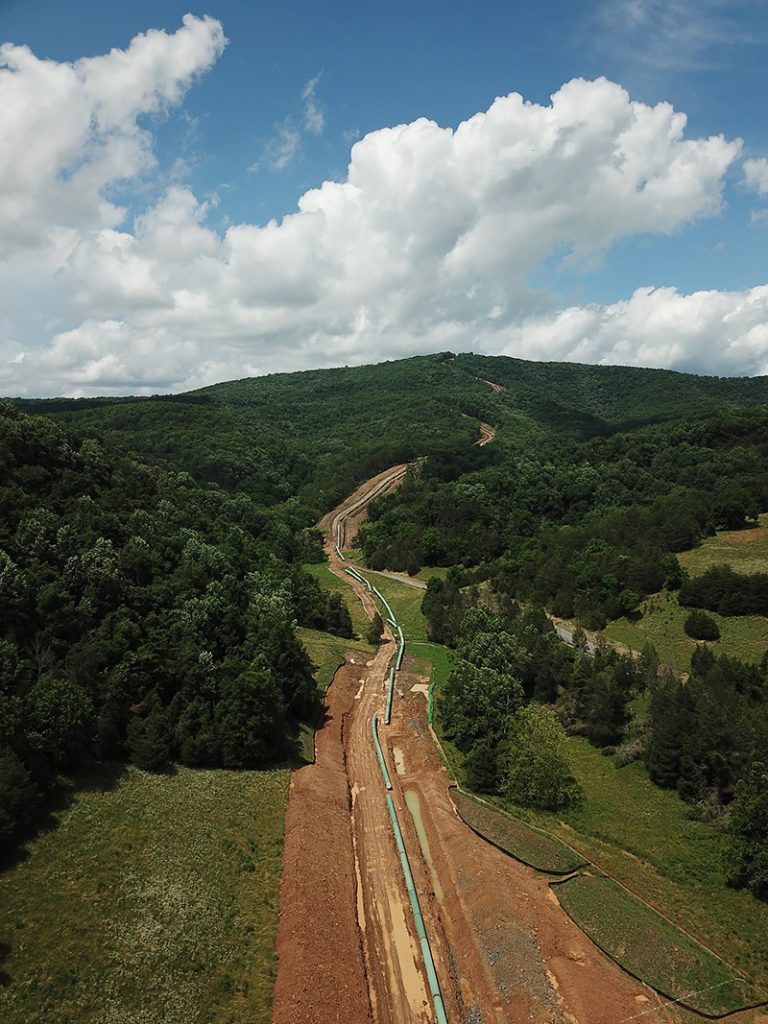Stop Pipelines & Fracked Gas

Photo By Sierra Shamer / Fractracker
Two decades ago, so-called natural gas exploded on the American energy market, pushed by the industry as a supposedly clean “bridge” fuel to transition the economy from dirty coal to renewable sources of electricity generation like solar and wind.
But this gas is far from clean. From the time that it is extracted using a destructive drilling method called fracking, its transport through pipelines, train cars and trucks, to the power plants where it is burned, the dire environmental and human costs of this fossil fuel are now abundantly clear. In particular, this polluting infrastructure is often sited in communities of color, lower-income areas and other environmental justice communities.
Studies show that investments in renewable energy and energy efficiency are on par with, or sometimes more affordable than, building new gas infrastructure. Many states are enacting policies to tap into the rising solar and wind sector. Yet the fossil fuel industry is rushing to build methane gas pipelines and power plants to squeeze as much profit as possible out of the waning fuel, putting most of the financial risk on customers.
Appalachian Voices is tackling the spread of fracked gas head-on by legally challenging fossil fuel proposals and pushing back against the antiquated policies and rubber-stamping agencies that govern the development of gas infrastructure. We are also partnering with communities in the fight against new fossil fuel infrastructure, providing resources and training to bolster local opposition. And we are pressuring decision-makers to force them to consider the harm to communities threatened by polluting energy development.
And the tide is starting to turn. In July 2020, Duke Energy and Dominion Energy canceled the 600-mile Atlantic Coast Pipeline. The massive fossil fuel project was riddled with problems, starting with the fundamental fact it was not needed to meet energy demand. Standing beside the many communities and organizations that made this historic victory possible, we’re taking this momentum and applying it toward the fight against other destructive, climate-harming projects that threaten community safety, our clean air and water, and that would raise electricity costs for residents.

Latest News
Expanding Our Vision & Deepening Our Impact
Appalachian Voices staff and board share our objectives for the next three years, which will advance our regional vision of a healthy environment and strong local economies that allow communities to thrive.
Legal Challenges Against Pipelines Heat Up
Federal and state courts alike have partially halted the construction of fracked gas pipelines across the region as cases are decided and permits are reevaluated.
Mountain Valley Pipeline ordered to halt construction at stream crossings
Construction of the Mountain Valley Pipeline is now halted at nearly all stream crossings in West Virginia and Virginia, following a court ruling and an announcement from the Army Corps of Engineers.
Federal court vacates key permit in W. Va. for Mountain Valley Pipeline
Today, the U.S. Court of Appeals for the…
Appalachian Voices response to Va. water board meeting on pipelines
Today, the Virginia State Water Control Board voted…
Mountain Valley and Atlantic Coast Pipeline Challenges Continue
A slew of legal challenges and protestors has suspended construction on the Mountain Valley and Atlantic Coast pipelines.

